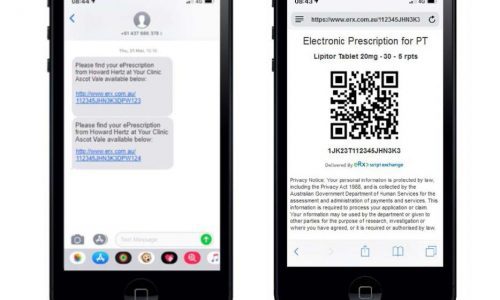Sleep apnoea affects 25% of Australian men and 9% of Australian women. The most common form is called obstructive sleep apnoea, where your airway is blocked for 10 seconds to several minutes during sleep. Your brain runs low on oxygen and so triggers the body to wake up briefly, just long enough to start breathing and then fall back to sleep. This may repeat hundreds of times each night, leaving you exhausted the following day.
It’s more serious than just being a noisy sleeping partner! The long-term complications of untreated sleep apnoea are cardiovascular disease, diabetes, psychological disorders and even early death.
WHAT SHOULD YOU LOOK FOR?
If you are experiencing any of these, it might be time for a checkup.
• Snoring.
• Daytime tiredness.
• Falling asleep during daytime activities.
• Periods of not breathing during sleep (as observed by someone else).
• Disturbed or restless sleep.
• High blood pressure.
• Being overweight, rapid weight gain or difficulty losing weight.
• Aged older than 50 years.
• Neck measurement of more than 40cm.
HOW IS IT DIAGNOSED?
We use an in-home sleep apnoea testing service, based on a state-of-the-art European made testing device. It monitors your breathing, heart rate, chest movements, sleep position, snoring and oxygen saturation levels.
We set you up in the pharmacy, make sure you feel confident in using the device, then you take the device home to monitor your sleep in your own bed. Once we have analysed the results, we can discuss the treatment options with you.
Good sleep is fundamental to your good health, both mental and physical. Is it time you rediscovered a good night’s sleep?
